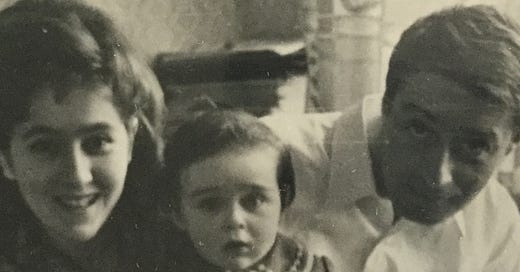The Writer Lifting the Veil on the Real Russian Experience
Margarita Gokun Silver’s unique personal history, and new essay collection, show that Soviet and Russian stories are more complex than pop culture would have you believe.
It might not be usual for refugees to move back to their homeland, but Narratively contributor Margarita Gokun Silver is not your average daughter of Soviet Jews. In this Narratively contributor’s debut essay collection I Named My Dog Pushkin (And Other Immigrant Tales), Gokun Silver details her experience pushing her family to leave the Soviet Union (and then going back for a few years), pursuing a master’s degree – in part to appease her parents – and building a career as a writer. Before her book’s release on July 29, Gokun Silver spoke to Narratively.
Keep reading with a 7-day free trial
Subscribe to Narratively to keep reading this post and get 7 days of free access to the full post archives.





